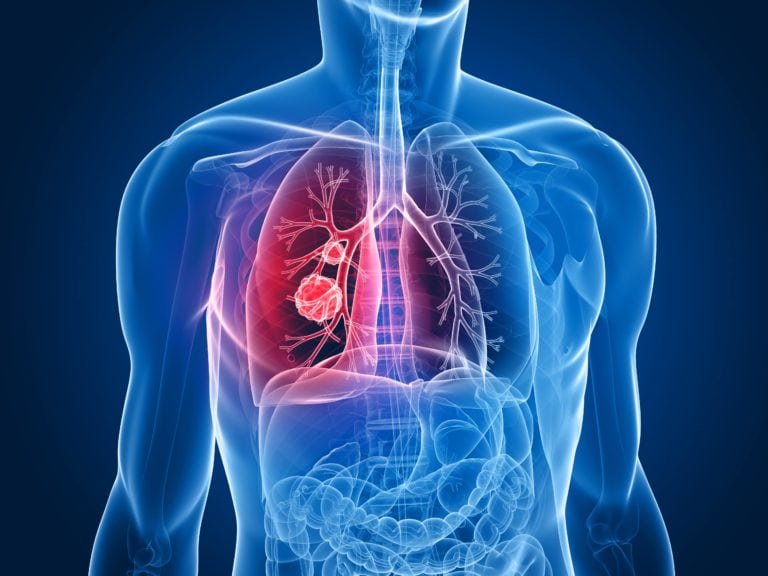
Cancer is a haunting specter that looms over more and more families with every passing year, and lung cancer is an unfortunately common manifestation of this disease.
While most commonly associated as a risk of smoking, lung cancer can occur spontaneously or as a result of other environmental factors meaning that no one is completely free from the risk of developing it. One of the most effective weapons against any disease is knowledge of its presentation and how to identify it and reduce your risk of contracting it.
It’s About More Than Smoking
It’s undeniable that smoking is one of the major risk factors associated with lung cancer, and remains the leading cause of the condition, being a factor in more than 90% of cases. Worse, smoking affects not just the individual with the habit, but those who surround them and live with them.
However, this isn’t the only cause of lung cancer, with Radon running a close second as a cause. Radon is a radioactive gas that is colorless and odorless and affects approximately one out of every 15 homes in the United States. Hazardous chemicals are a major risk factor as well, especially for those who work with heavy metals and petroleum products. Dust and fumes from the use of these chemicals on the job can be a serious issue, so wearing the proper PPE is essential.
Unfortunately for those living in major cities, lung cancer is also more prevalent there thanks to smog and other pollution. Even if all of these factors are avoided, you can have a genetic history of lung cancer that can lead to its spontaneous formation.
How To Protect Yourself From Lung Cancer
Lung cancer is thankfully easy to avoid, or at least significantly reduce your risk of contracting. Obviously, if you are presently a smoker it’s never too late to quit, and if you’ve never smoked make a commitment to yourself to never begin. Radon poisoning can be avoided by using inexpensive testing kits that can be found at hardware stores, these are easy to use and can help you find out if this colorless, odorless gas is in your home.
If you’re encountering hazardous chemicals in your work then you can speak to your employer about proper protective equipment or even looking into safer alternatives. When your exposure is environmental, such as living in a city with pollution, it can be hard to avoid completely. However, you can get air purifiers in your home to help remove the contaminants and you can wear air masks on particularly bad air days.
If you’re concerned you may be experiencing symptoms associated with lung cancer, or just want to ensure you’re taking care of your full body health, pick up the phone and call Robert McKenna at the Saint John’s Cancer Institute. These experts have been facing the threat of cancer and helping patients survive it for decades, and are some of the most respecting oncologists in the field. They can be found at their office in Santa Monica, CA.

